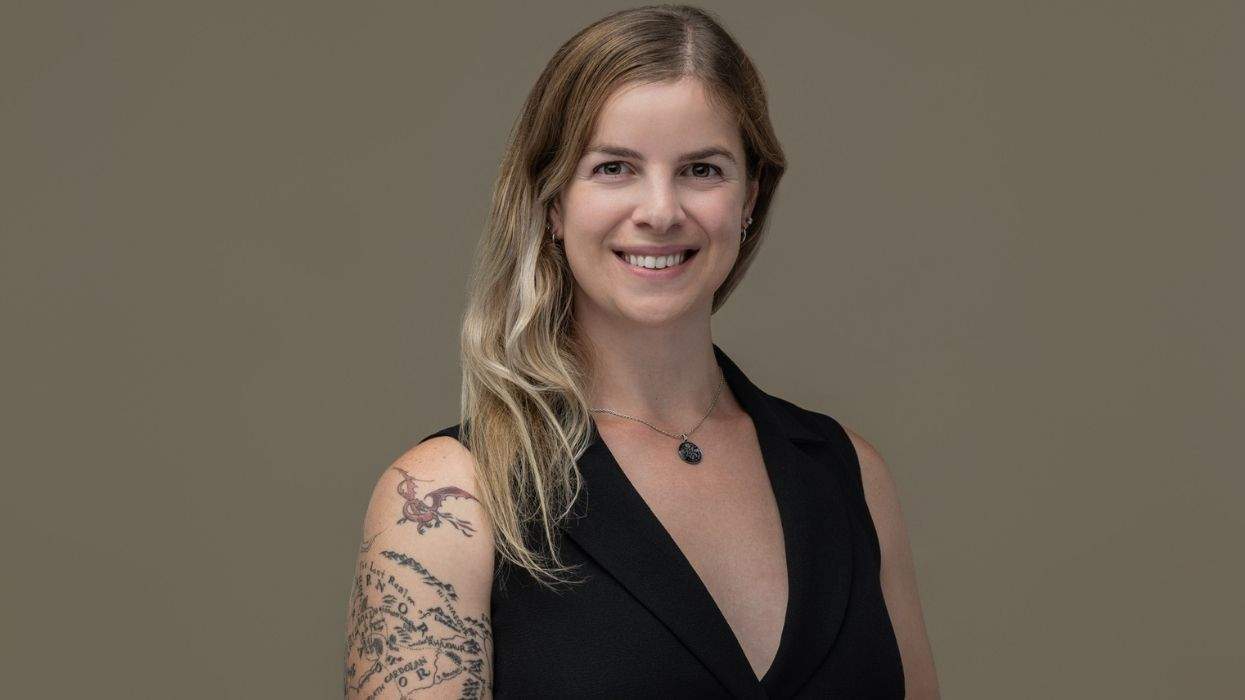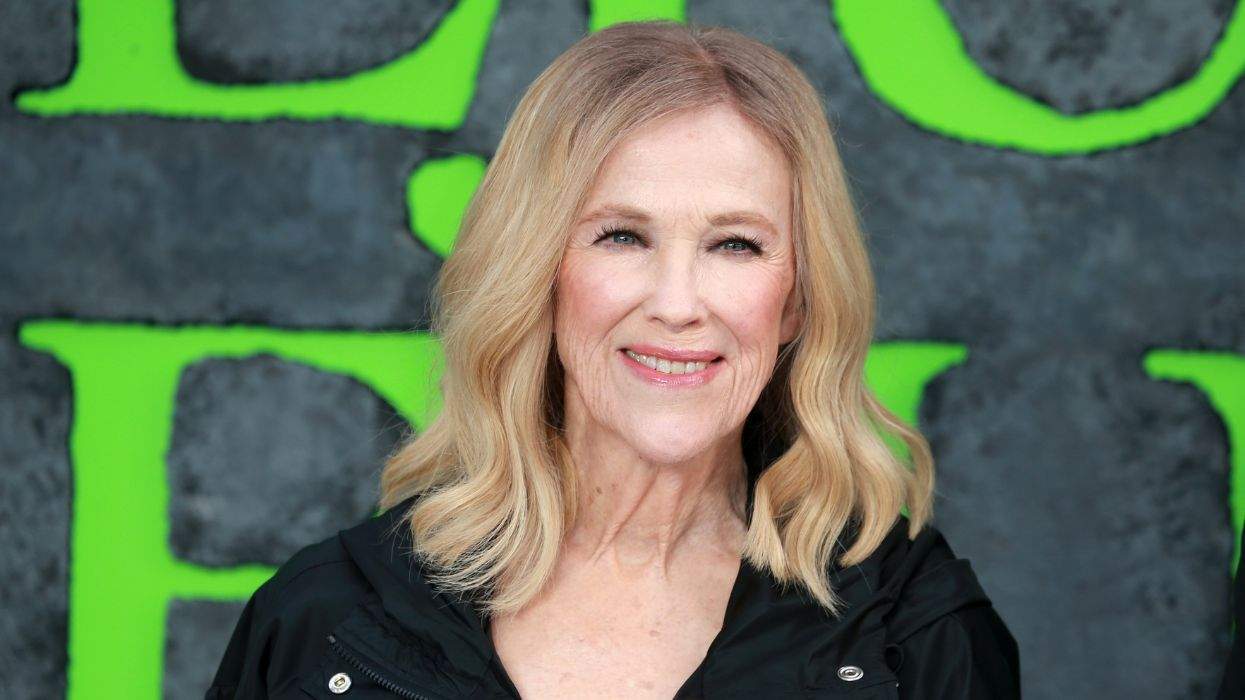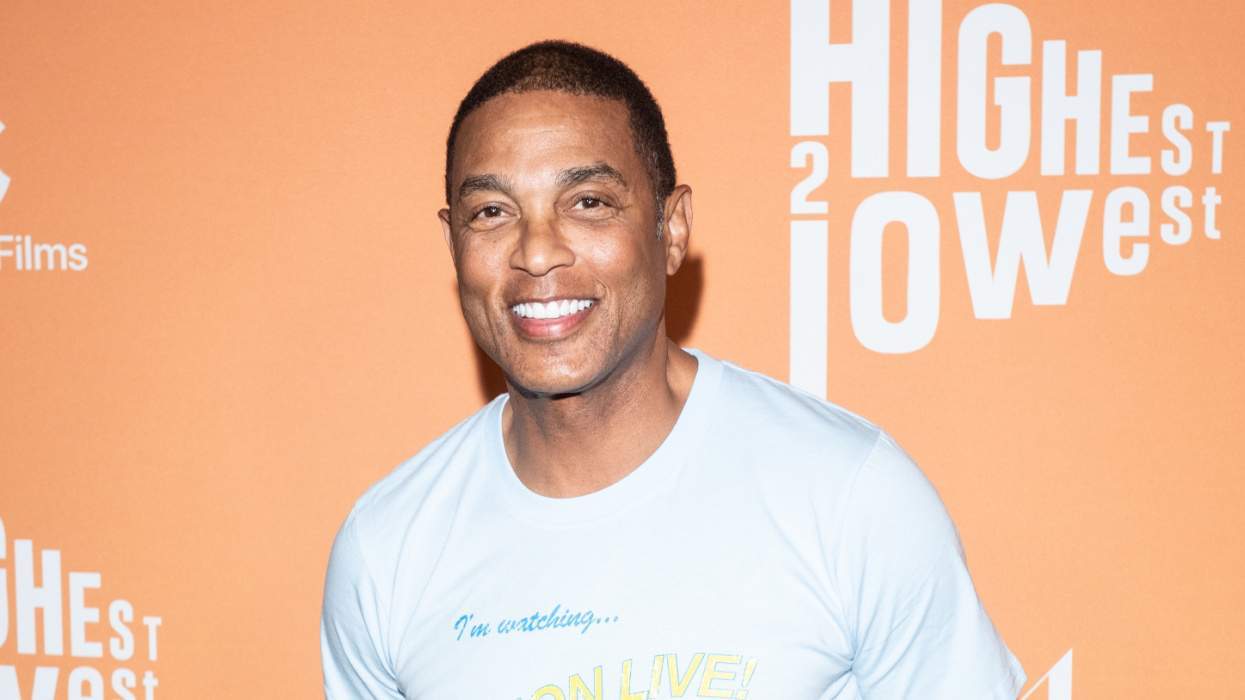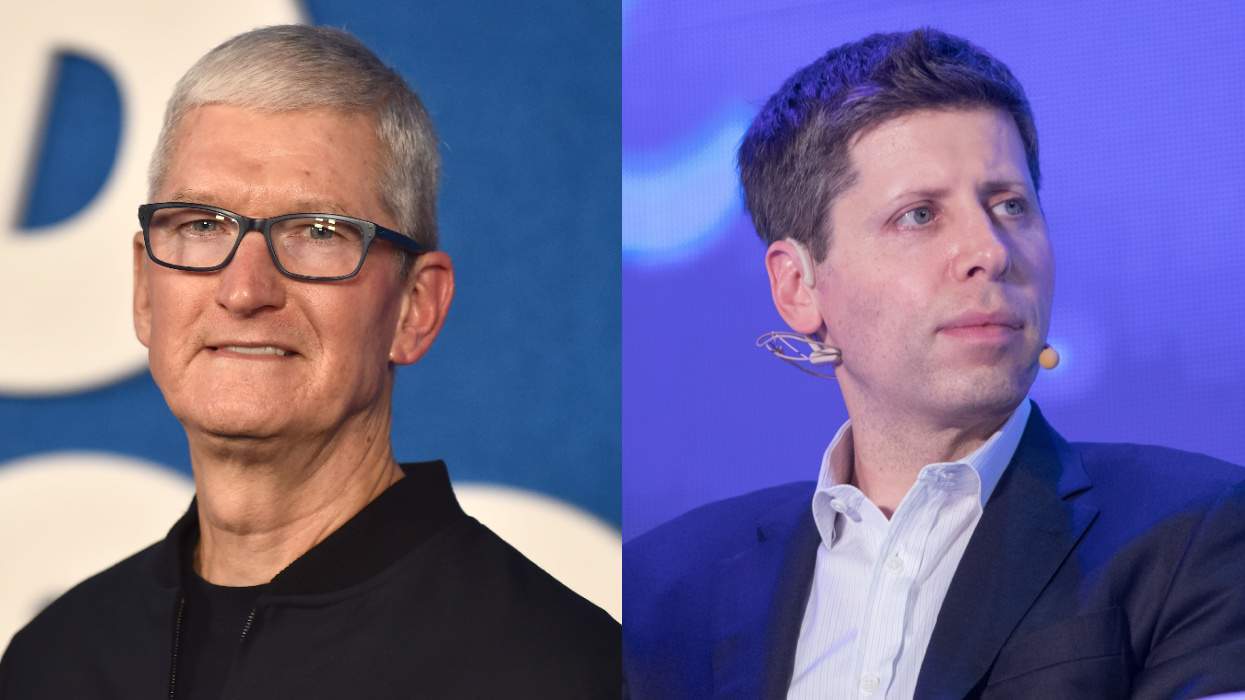Having never shied away from writing about racism, sexism, transphobia, or any of the myriad of issues plaguing current society, Chani Nicholas has quickly become the LGBTQ community's favorite astrologer.
On this week's episode of the LGBTQ&A podcast, Chani talks about being surprised by how much her horoscopes resonate with people, the sense of awe astrology inspires, and how it can be used as a tool for healing. Read highlights from the interview here, or listen to the full podcast interview on the audio player below.
Subscribe to LGBTQ&A on iTunes, Spotify, Stitcher, or wherever you listen to podcasts.
The Advocate: A big reason why I like your work and why I think a lot of people like it is because it's so inclusive and intersectional. For an ancient art, you really make it feel current.
Nicholas: Yeah. I don't seek to write for everybody, and I don't seek to please everybody. I actually just write to please the muse that I'm writing for or with. There's a certain type of voice that comes through, and my job is to serve that. If it resonates with people, then that's just a bonus and that's great.
And of course, there's a part of me that's also an activist, and I want to be able to serve my community in some way. That's my motivation for writing them. The horoscopes are meant to be used as tools for healing, and if I can do that, then I'm happy.
How much room for interpretation is there? Anyone can learn to read charts, right?
Yeah. Well, I think it has to be a language that you feel is interesting to you. It either lands with people and makes an impression on them that helps them make sense of life in some way or it doesn't.
With the interpretation of it, when you're working with it in terms of a symbolic system, then you can read those symbols in different ways. So I'm trying to read those symbols in ways that are interesting to me. There are ways of talking to issues that I see folks going through.
And that clearly resonates with a lot of people.
I was really shocked. When I started writing, no one was at this intersection. I thought that no one into astrology was also political. I just didn't know a lot of politically savvy folks that deemed astrology worthy of reading.
Is that why you make it clear that astrology is not a way to tell the future?
I always say that I'm not a fortune-teller. It's tricky because astrologers over the arc of time -- when I say that, I mean the last 2,000 years -- have gone in and out of favor with the ruling class, right? We used to really be in favor, and then with the construction of the paradigm of Christianity, astrologers got put in that category with witch burnings and all that. There's a great public fear and a great public skepticism.
Astrology isn't a religion or science. What classification does it fall under?
There's an argument to make for astrology being a type of science. Some would say it's an art form. I like to think of it as just a system that can help us heal, that can help guide our lives. It's a system that evokes a sense of awe about life because it's all about understanding the correlations of things.
When I'm looking at astrology and I'm looking at my life, my wife's life, or friends or clients, I'm watching this correlation happen and it's mind-blowing. I don't know why it works. I just know that it does. It's an amazing tool if you resonate with it, and if you don't, then don't worry about it. Move on. People love to like tell me that they don't believe it and I say, Great. Don't believe in it. I don't care.
This interview has been edited and condensed. Subscribe and listen to the full podcast interview on LGBTQ&A.















Charlie Kirk DID say stoning gay people was the 'perfect law' — and these other heinous quotes
These are some of his worst comments about LGBTQ+ people made by Charlie Kirk.